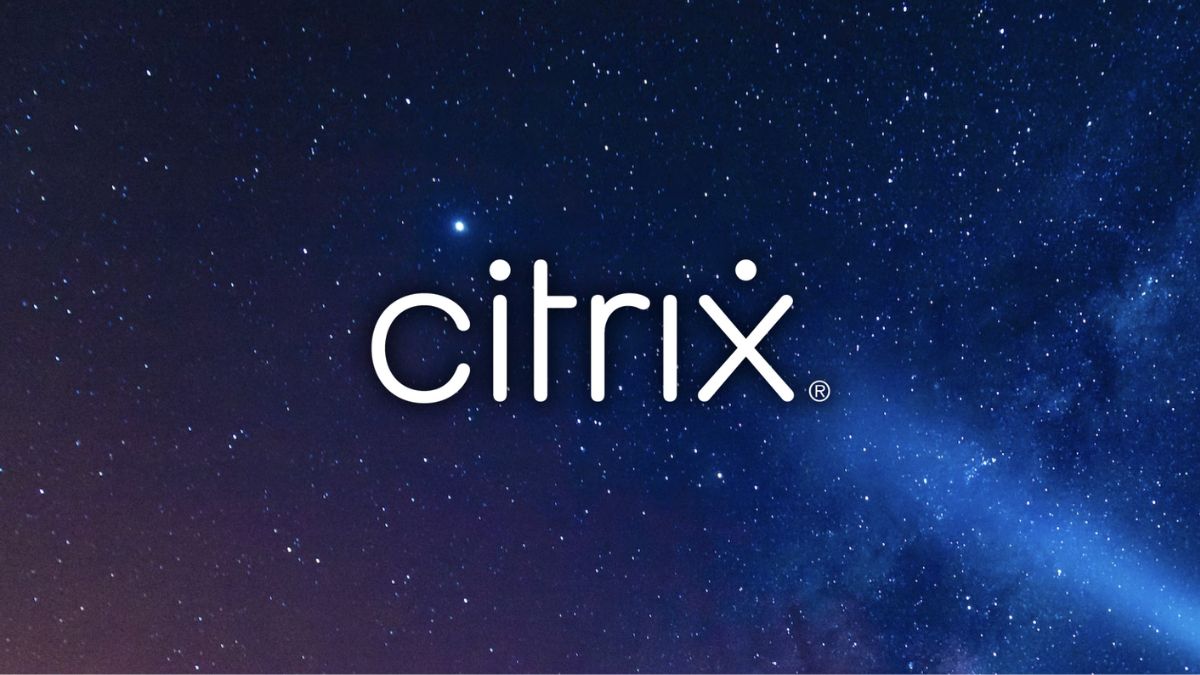Citrix has announced a significant enhancement to its Desktop-as-a-Service (DaaS) suite by introducing support for macOS desktop sessions on any device. This update seeks to enhance Citrix’s appeal, especially among media professionals and software developers who rely on the Apple operating system.
The introduction of Citrix VDA for macOS allows users to access Macs hosted through virtualization platforms such as MacStadium and Amazon’s EC2 Mac instances. This new capability eliminates the need for companies to invest in costly physical Mac hardware while still providing access to essential macOS features and applications.
Developers utilizing Xcode can now write apps for iOS, macOS, and visionOS without the financial burden of acquiring the latest Mac hardware. This expansion is also advantageous for professionals in the design, illustration, and video sectors, as they can now use Mac-specific applications via a virtual desktop environment, streamlining their workflow without the associated costs.
With Citrix’s virtualization, users can connect from a variety of devices, allowing companies to explore more affordable hardware options. The Citrix VDA for macOS also features single sign-on (SSO), USB device redirection, HDX screen sharing, and webcam redirection, making it easier for hybrid workers to connect and collaborate.
Despite these advancements, Citrix has faced criticism regarding its lack of contractual flexibility and the challenges associated with negotiating volume changes. Many customers have expressed dissatisfaction over the limited options provided under current agreements, which may hinder their ability to tailor services to specific needs.
Additionally, Citrix recently reorganized its product offerings into two categories, which has left some customers with access to tools that are not essential for their operations. This bundling approach has raised questions about the perceived benefits of its spend-as-you-go model.


